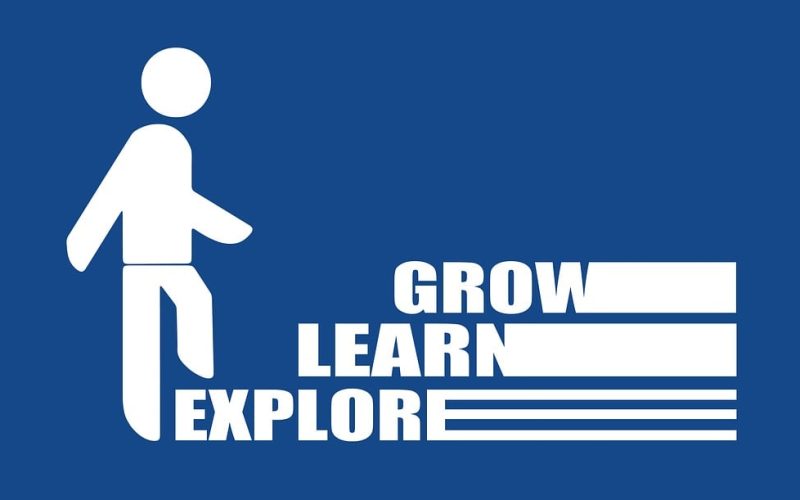The hospitality sector is the most important one in the tourism industry in Europe. One of the world’s main destinations with 713 million international arrivals, Europe relies on its tourist attractions. This is so to such an extent that tourism-related businesses constitute the third economic activity in the continent.
For example, this industry generates approximately 25 million job positions, whether direct or indirect, and this number is expected to grow in the next few years.
Innovative solutions to modern challenges
The tourism industry doesn’t only involve hotels but includes other entertainment options as well, like beverages, gastronomy, event organizations, tours, and cruises.
Naturally, this is a wide economic sector in Europe, and like in the rest of the world, it faced severe challenges during 2020 and 2021. Its booming growth was affected by the COVID-19 pandemic. Sadly, many companies had to close either permanently or temporarily, which happened in a moment of utmost uncertainty.
So, challenging times call for innovative measures, and this is where Skills Swap projects were born. This is a partnership formed by European entities of different kinds, as well as educational institutions and supporting companies.
The objective is to help employers cover their needs while the economy recovers, while working hand in hand with their employees.
The real revolution lies in the ongoing formation of professionals in this sector through an innovative methodology of exchange between companies. Six different companies from various European countries participated in this project:
- Sextaplanta (Spain)
- Rinova (UK)
- Dimitria (Greece)
- EdiTC (Cyprus)
- Folkuniversitetet (Sweden)
- Chamber of commerce (Spain)
The participation of Sextaplanta was vital for the success of the project. We’re talking about a company that actively promotes resources to distribute hotels and apart-hotels in the digital world.
About the project
The idea was to delve deeper into the ongoing formation of tourism-related professionals. Based on the exchange, this was executed in different time frames, which range from half a day’s work to a whole week. All in all, the objective is to acquire new skills through complete immersion in the partnering company.
During the project, different subjects were researched, and these included legal aspects in each of the involved countries and potential behavioral codes. Moreover, it had the support of important European funds like the Erasmus+ program, bringing incredible benefits for companies and workers, including new business models and advanced professional opportunities. If you don’t know what Erasmus+ is about, you can learn about its philosophy and objectives in the following video.
Thanks to these entities that partner for the greater good, the tourism sector was given new tools to respond to the economic challenges. Initiatives like Skill Swap projects are a great way to deal with such problems.
The Epic Skill Swap festival
But skill swapping doesn’t only benefit the tourism sector. A perfect example of this is the Epic Skill Swap festival in New London, Vermont. Once a year, different talented people get together for one weekend and exchange their knowledge. As it is the perfect opportunity to teach and learn, the festival promotes collaboration and interdependence. Apart from using the existing social networks, the Epic Skill Swap festival creates new ones.
The objective is to build a framework where participants can share what they know, attend the event, and contribute to the experience. It’s also a great opportunity to meet like-minded people and become part of a new community.
There are plenty of passionate people out there who can get together in this environment which is totally inclusive. In other words, the skill swap festival welcomes people from all religious backgrounds, cultures, races, genders, orientations, and ages.
At a low cost, both residents and visitors can enjoy this festival based on volunteer labor. Since the original idea is that money shouldn’t be a problem, the project is set to maintain low entrance costs. This is possible thanks to the contributions of attendees, professionals, artisans, etcetera. The first Epic Skill Swap festival took place in 2012 in a field owned by one of the organizers. The first attendees were friends and family, but they prepared a solid ground for further development.
Since then, the event has welcomed approximately 100 people every year of different ages. Organized by a group of six to nine people, the Epic Skill Swap is prepared in advance but co-created with every person who attends.
Undoubtedly, skill swap is the engine that boosts many initiatives based on cooperation towards a common goal. In our days, this approach is becoming more and more necessary and is chosen by more organizations every day.
